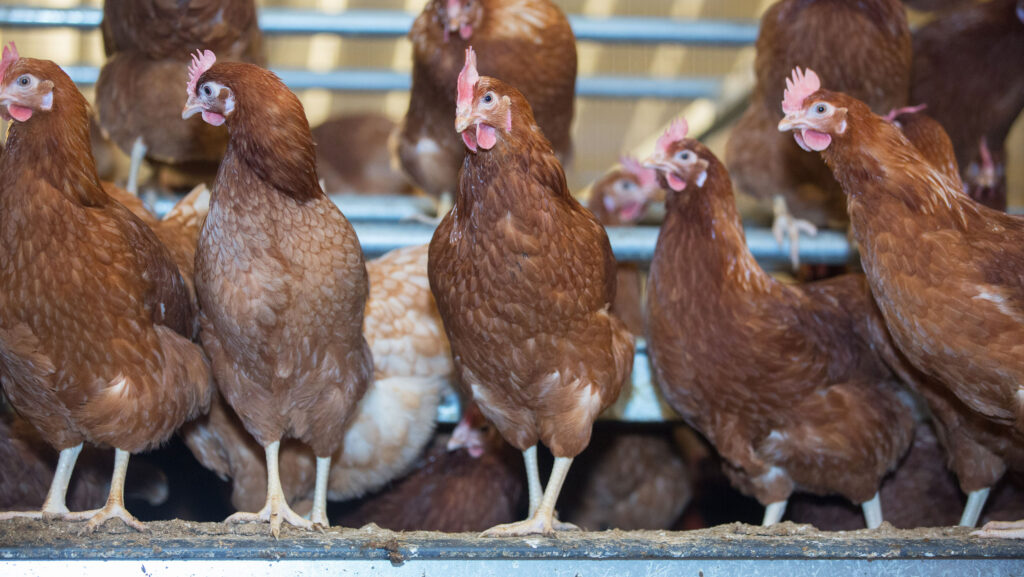Bird housing order to be lifted in Northern Ireland
 © Tim Scrivener
© Tim Scrivener Compulsory housing measures for poultry and captive birds across Northern Ireland are set to be lifted this coming Saturday (10 May), the Department of Agriculture, Environment and Rural Affairs (Daera) has announced.
The Republic of Ireland will lift its mandatory housing requirement at the same time.
The ban on the gatherings of galliforme (including pheasants, partridge, quail, chickens, turkey and guinea fowl), anseriforme (including ducks, geese and swans) and poultry will however remain in place as part of the avian influenza prevention zone.
See also: MPs urge action on gene editing to curb bird flu risk
Introduced across Northern Ireland on 17 February, the housing measure was seen as a vital tool to stop the spread of avian influenza and protect flocks across the country.
Cases in Northern Ireland
There were three outbreaks of HPAI H5N1 confirmed in commercial premises in Northern Ireland during February 2025, and one confirmed case of HPAI H5N1 in a captive bird premises.
There have been no further cases since 28 February 2025, and there are currently no suspect cases.
To date, no cases of avian influenza have been reported in the Republic of Ireland.
Daera minister Andrew Muir said: “The last confirmed case in poultry here was in late February.
“I want to thank the engagement and co-operation from those poultry farmers who have suffered an incursion of disease this year.
“With the relaxation of housing requirements, my message remains the same to all bird keepers – they must continue to do their bit to maintain strict biosecurity measures on premises so we do not lose the progress that we have made.”
All flock keepers, including backyard and hobby keepers, are encouraged to use the next week to prepare their ranges so birds can be let outside again.
Guidance is available on the Daera website.
England
In England, Defra is still considering when to lift the various housing measures introduced in stages across parts of the country since last December.
It is as yet unclear whether this will be undertaken on a regional basis or across the whole of England at the same time.
The last confirmed case of avian influenza was in a flock of turkeys near Thirsk in Yorkshire three weeks ago, on 14 April.
Despite this, the risk level in wild birds is understood to still be considered “very high”.
As summer temperatures start to rise, the welfare implications of forced housing will need to be considered.
